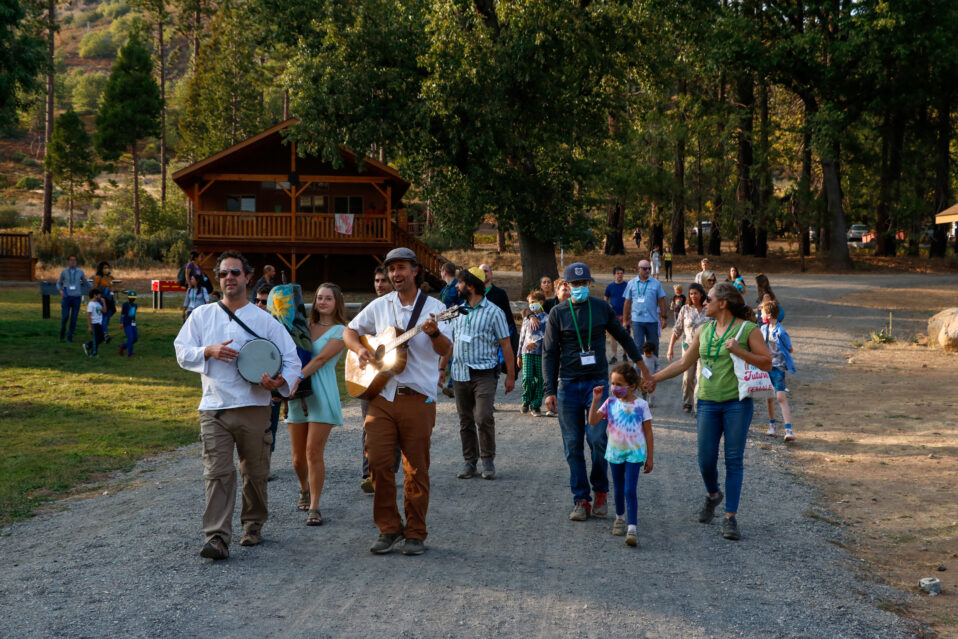By Mollie Breger, Camp Tawonga’s Associate Director of Development and Jewish LearningWorks’ Voices for Good Fellowship alumna.
Read time: 3 mins.
I joined the staff at Camp Tawonga only a few weeks before this feature in the New York Times was published about our work creating an all-gender cabin to ensure that more children at camp feel fully accepted, no matter where they fall on the gender spectrum. I felt so lucky to be at an organization on the forefront of inclusion, recognized for our work.
But, as the Jews of Color Initiative’s Beyond the Count study has emphasized, we all have a lot more work to do. Of the survey respondents, 80% said that they have experienced discrimination in Jewish settings, and almost two thirds (65%) of survey respondents indicated that American Jewish leaders were either “poorly” (41%) or “very poorly” (24%) addressing racism in the American Jewish community.
And yes, this includes our formal and informal Jewish education settings.
And yes, this includes Tawonga.
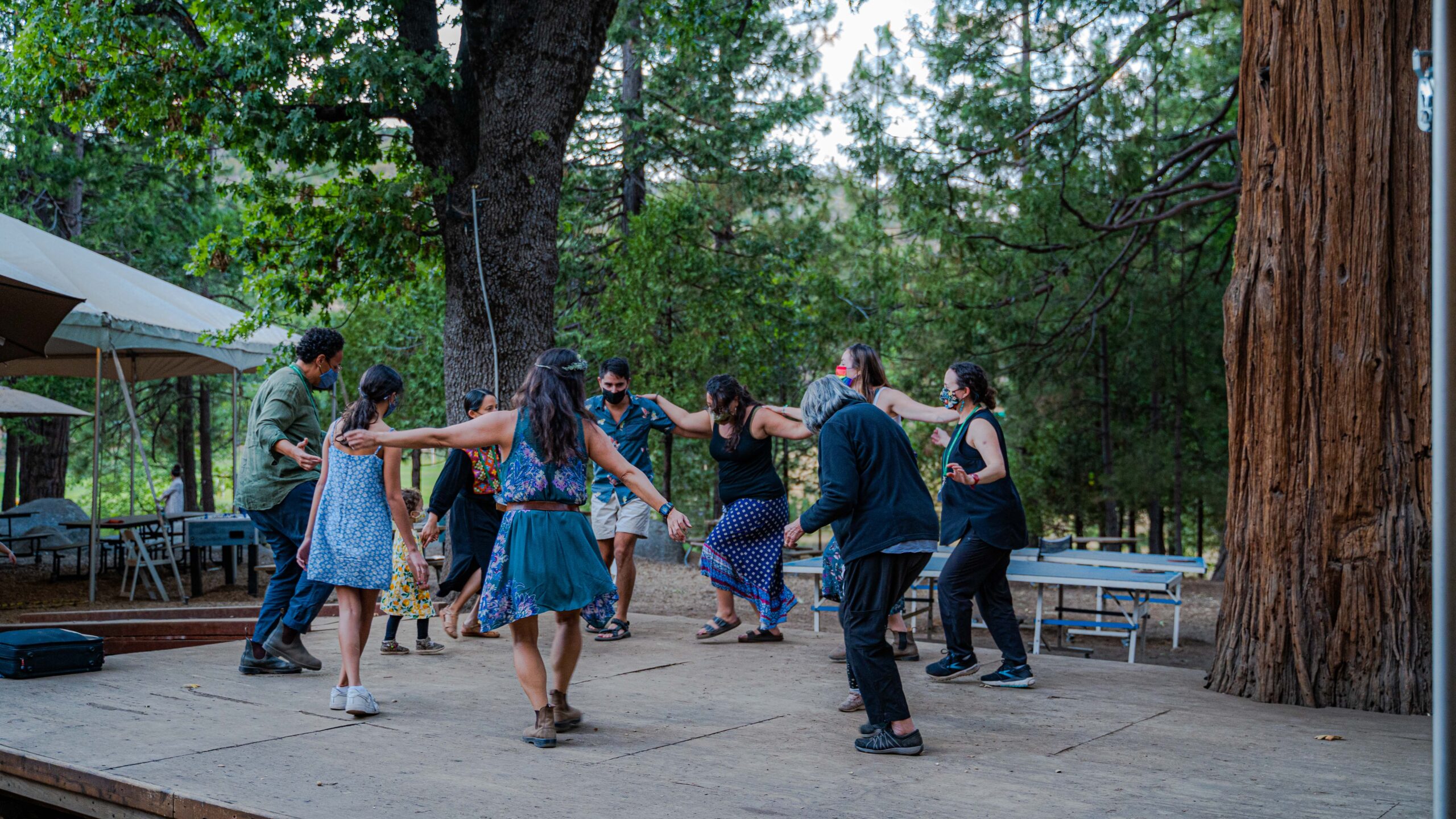
As a Jewish communal professional, these statistics sting. It feels both personal and communal. I have asked myself time and time again, what am I doing to combat racism in our sacred spaces? How am I speaking up? When am I stepping back to let other voices shine?
As a Jewish LearningWorks Voices Fellowship alumna, I’ve developed skills to both recognize my inner critic — that harsh voice of doubt, judgment and insecurity — and tap into my inner mentor — that voice of wisdom that we each have inside ourselves.
At Camp Tawonga, we strive to provide a loving, inclusive Jewish community that gives young people a place to feel safe and uniquely empowered to embrace their whole selves — mentally, emotionally, socially, and spiritually. This is an environment in which the voices of each of our inner mentors should be louder than our inner critics. This is the magic of Tawonga, of Jewish summer camp, of Jewish education. And this should be true for Jews of Color[1] as well.
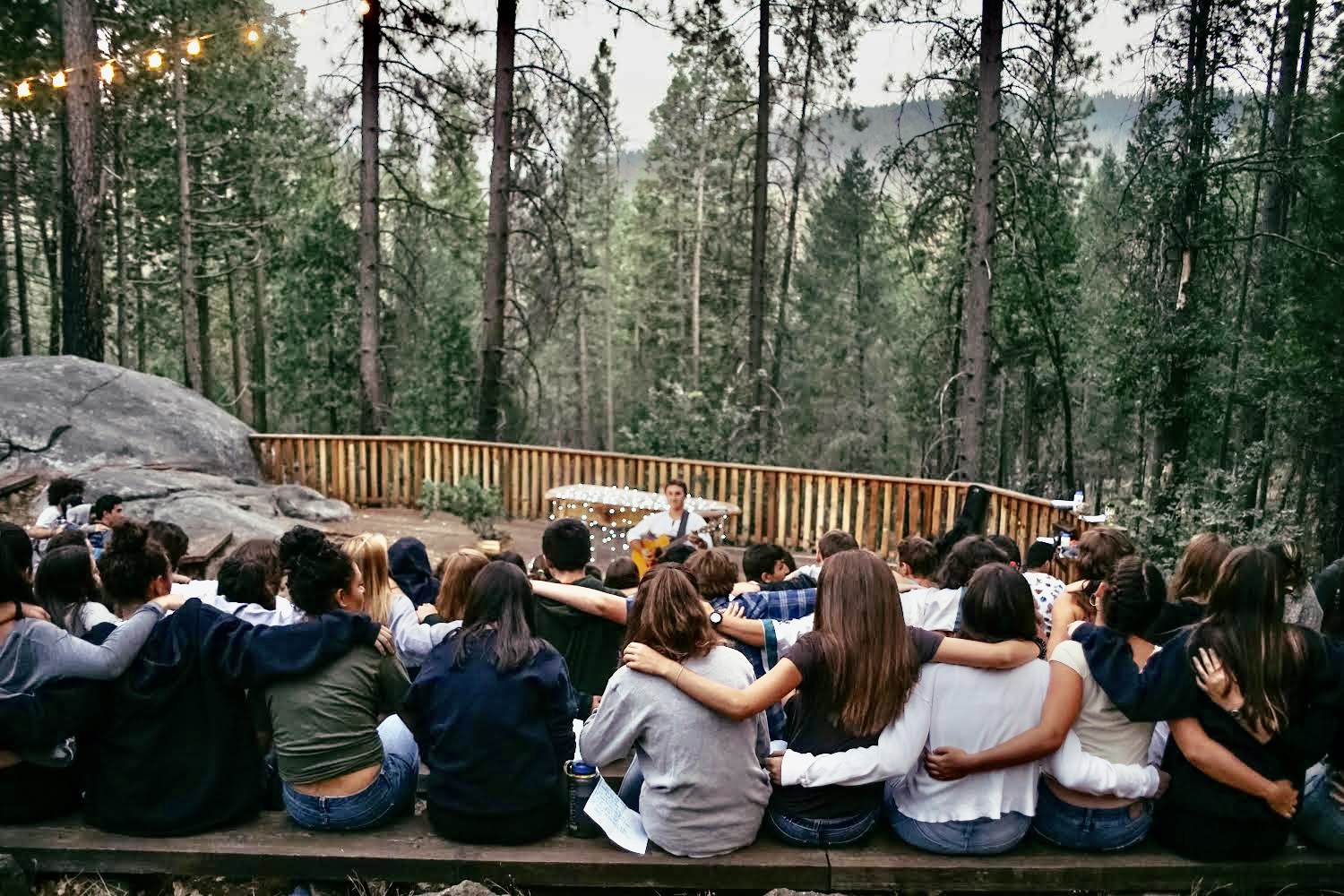
Tawonga Launches Jewish Families of Color Weekend
That is one reason that Tawonga launched our Jewish Families of Color Weekend last year. Our inaugural weekend created an intentional affinity space for families with at least one person of color to build community and rejuvenate in the stunning beauty of the Sierra Mountains. This program was designed to encourage participants to bring the multitude of their identities to this space, without compromise or explanation.
And, while I am proud of my work raising funds for this weekend, I know that in order for the weekend to be a success, as a white staff member, part of my role is to step back, to give space for other people to be centered, and for others to find and recognize their own wisdom and let it shine through.
As Jordan Daniels, guest educator for the weekend, wrote in a Forward article:
“Many stories written by Jews of Color, including myself, discuss our ‘othered’ experiences in Jewish spaces and our non-traditional pathways to creating community. It’s a testament to our resilience and ability to carve out space that wasn’t made for us. But we also have stories of belonging — where we can just be — and with places like Camp Tawonga, they’re finally being written. I’m grateful to write this one.”
For all of us to move the needle on racial equity, inclusion and belonging in our Jewish spaces, we need to make this a priority — in our organizations, among our leaders and within ourselves. We can create more affinity space programs like Tawonga’s Jewish Families of Color Weekend or Be’chol Lashon’s Family Camp. We can also work on our own biases through programs and trainings like Federation’s 473K: A Belonging Workshop Series and Jewish LearningWorks’ upcoming Widening Our Lens: An Anti-bias Education Series. I’m looking forward to seeing these kinds of offerings grow.
This is just the beginning.
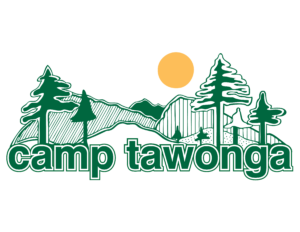 Camp Tawonga’s 2022 Jewish Families of Color Weekend will take place from August 25 – 28. We invite you to learn more about it and read the testimonials of participants of their inaugural weekend in 2021.
Camp Tawonga’s 2022 Jewish Families of Color Weekend will take place from August 25 – 28. We invite you to learn more about it and read the testimonials of participants of their inaugural weekend in 2021.
Tawonga is generously offering financial aid to families that are multiracial, or that include at least one person of color in their household, and need assistance to participate.
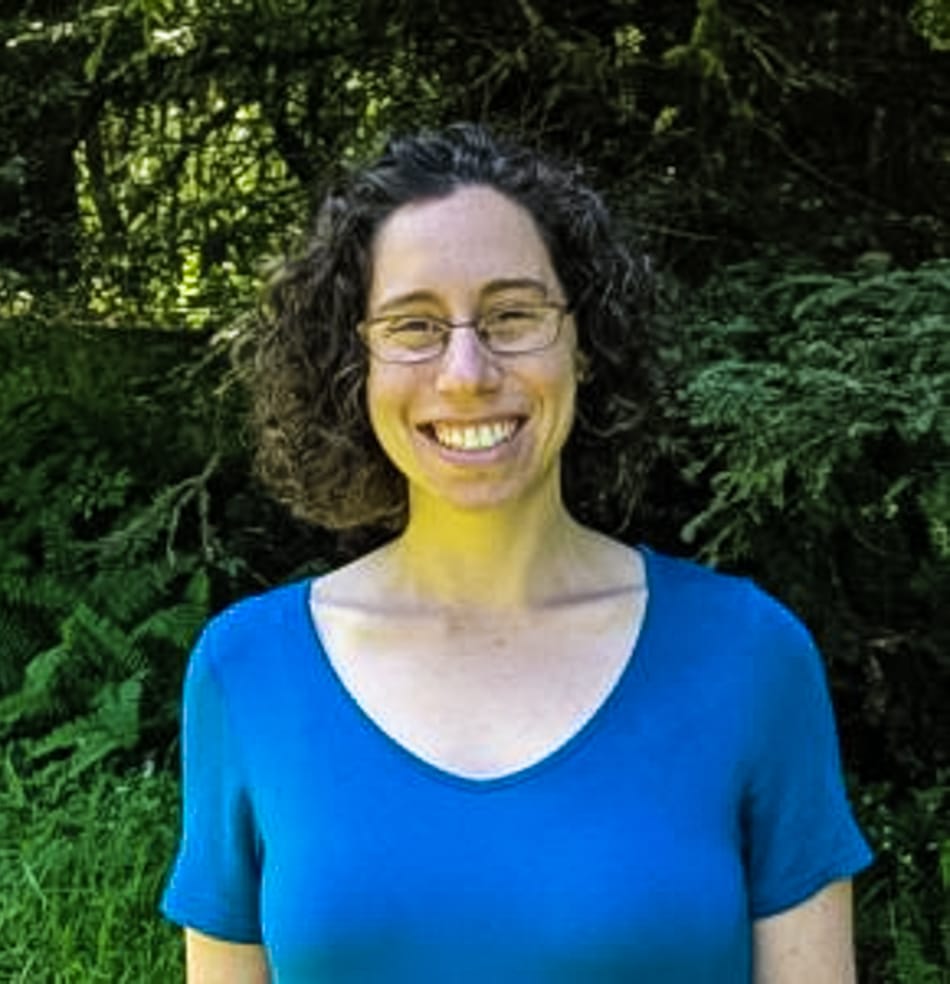
About Mollie Breger
Mollie is Tawonga’s Associate Director of Development and part of the year-round Tawonga team! She was born and raised in Smithtown, NY, and has spent her career in various development and communication-related roles at the Jewish Federation of the East Bay, Ma’ase Olam and Avodah, where she also served as a corps member. Mollie earned a bachelor’s degree in anthropology and Jewish studies from Washington University in St. Louis and a master’s degree in non-profit management from Hebrew University. Growing up, she attended Camp Ramah in the Berkshires, and today loves exploring her newfound home in the Bay. Mollie lives in Albany with her husband, Gil, and their children Liam, Eve and Sky.
Mollie is also a member of the first cohort of Jewish LearningWorks’ Voices for Good Fellows.
[1] We understand that the language of “person of color” may not capture the nuance of everyone’s identities. Our goal at Tawonga is to create a big tent while maintaining this weekend as a special affinity space for folks who have been marginalized by whiteness racially or culturally and who root themselves in diverse identities including Black, Indigenous, Latino, Asian, Sephardi, Mizrachi, Middle Eastern and more.



